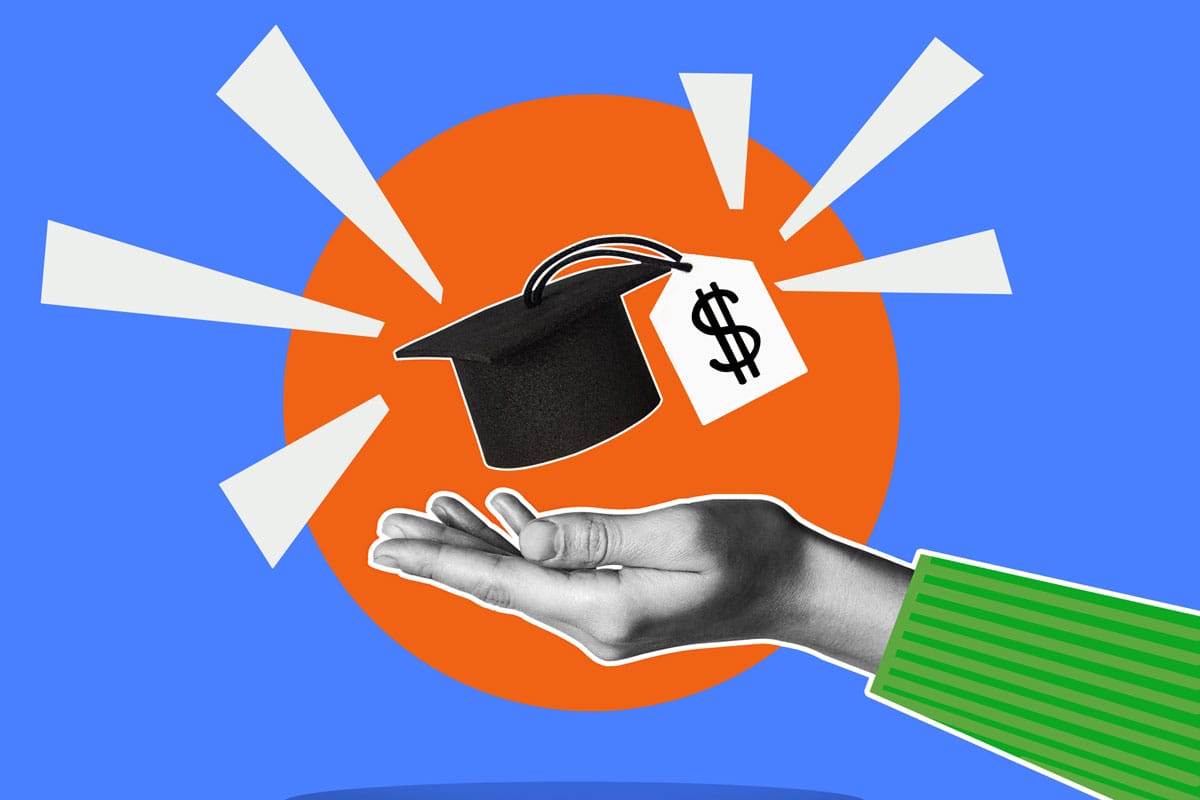
Help available for low-income students
Despite recent reports of the problematic rollout of the 2024-25 Free Application for Student Financial Aid (FAFSA), the revised form does have some good news for low-income students.
According to the U.S. Department of Education, which administers the FAFSA form, an estimated 610,000 new students will be eligible for a free Pell Grant this year. An additional 1.5 million students will be eligible for a maximum Pell Grant award of $7,395.

The Pell Grant is awarded to undergraduate students with exceptional financial need and is typically not repaid. This educational funding can be particularly impactful to adult students over 25, who commonly support themselves financially and may be caring for children or other family members. As of 2016, 42 percent of independent undergraduates were from low-income backgrounds. This figure has likely increased in recent years due to rising education costs, among other factors. (Pew Research Center, 2019).
Beyond federal loans, which offer low interest rates and flexible repayment options, many resources are available to low-income students seeking financial support for higher education.
Application fee waiver. The mere process of applying to college can be expensive when you take application fees into account. Many colleges and universities will waive this fee if you took the SAT using a fee waiver or have been identified as fee waiver-eligible by a state program. Contact your admissions office for details.
State aid. Completing the FAFSA is also a critical step in determining eligibility for financial assistance offered by your state. In Wisconsin, the Higher Educational Aids Board lists financial assistance opportunities for Wisconsin residents who attend college part time, are a minority or are hearing or visually impaired.
Scholarships. Need- and merit-based scholarships are available from colleges, nonprofits and private organizations. Some of these are specific to adult learners. UW–Madison’s Adult Career and Special Student Services office lists several such scholarship opportunities on their website. Look for a similar resource at your institution or inquire with the financial aid office.
Accredited online education. There has been rapid growth in online degree programs in recent years. Because online courses are completed at home, often on a flexible schedule, they can be an excellent option for adult students who need to work full or part time. Online programs usually have lower tuition fees than in-person programs, and because no commute or relocation costs are required, you can save even more money than you would with an in-person program.
Support services. Beyond direct financial assistance, your college or university may provide services such as childcare, food or affordable housing assistance to qualified students. You and your dependents may qualify for additional education benefits if you’re a veteran.
Post-secondary education promotes economic mobility for individuals and can help families break cycles of poverty. Educated adults support workforce development and fill skills gaps in our constantly evolving industries. By investing in educational support programs, we foster a more equitable society and a stronger, more adaptable economy for everyone.
The Lifelong Learner is a monthly feature written by UW–Madison’s Continuing Studies staff. Beth Jaggers, academic advising manager, can be reached at [email protected]. This article was first published in the Wisconsin State Journal on July 14, 2024.
Published on Jul 15 2024
Last Updated on Jul 16 2024
By Jill Schaefer
Categories: Adult Career and Special Student Services, News
Tags: education planning, Lifelong Learner column, scholarships and financial aid
Previous Post
Meet Cindy, preserving German history


